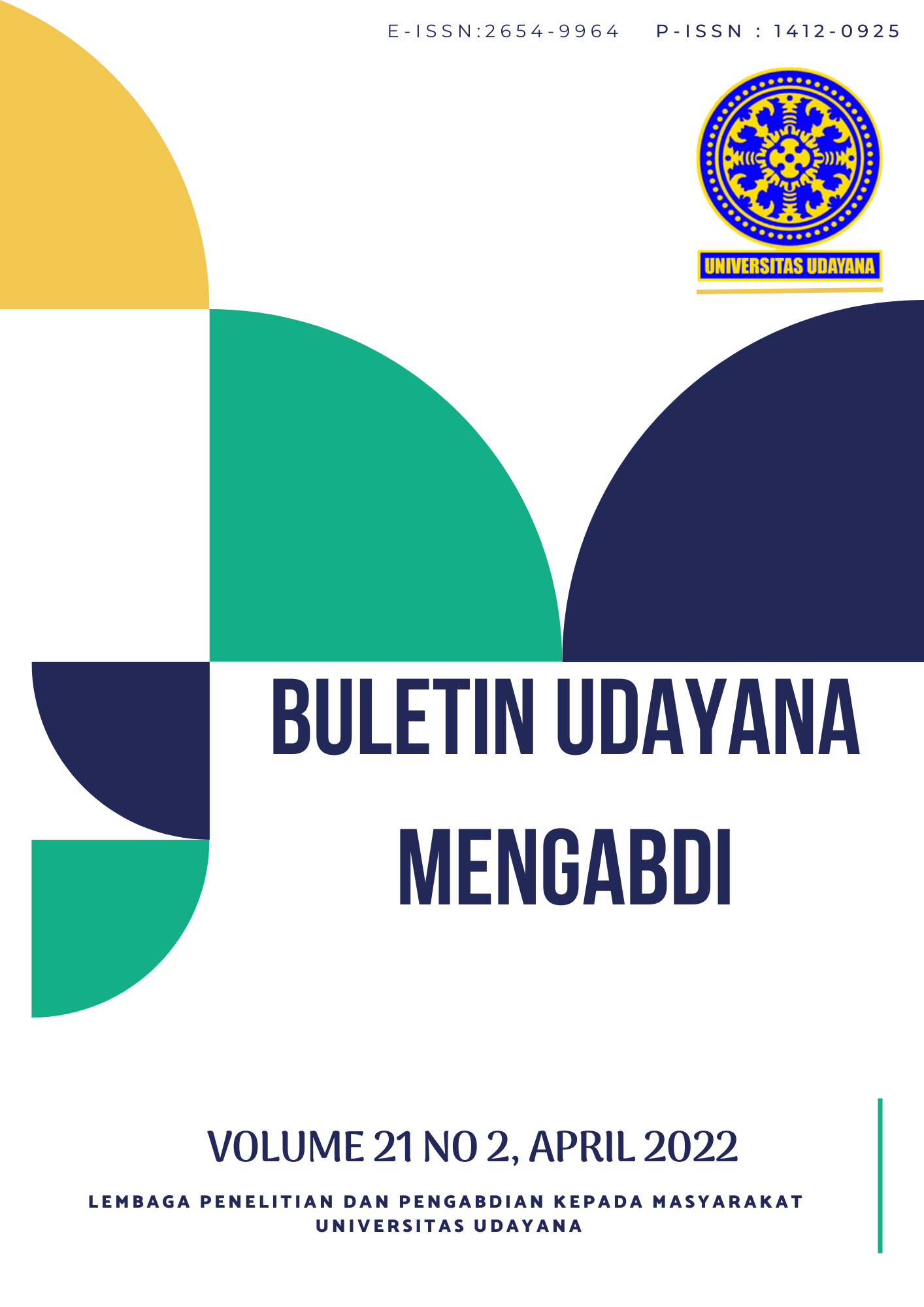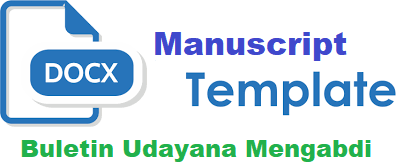IMPLEMENTASI BLENDED LEARNING DI SMA PMB BANDUNG
Abstract
The COVID-19 pandemic, which has begun to decrease the rate of transmission, does not necessarily mean that learning can be fully carried out face-to-face. Because of the fear of another pandemic making all parties have to keep anticipating what to do if this happens. Therefore to mitigate the negative impacts and ensure the continuity of learning, the learning process is carried out by means of blended learning. Blended learning must be carried out considering that it is impossible for students to learn fully independently. It takes several faceto-face meetings so that students have a place to ask questions, discuss with their teachers after they learn online. The priority problems for running blended learning are (1) the unavailability of smartphone-based applications owned by partners, (2) students and teachers do not understand e-learning and blended learning techniques, (3) teachers cannot design e-learning and blended learning programs. learning. The solutions provided are (1) modifying the e-learning application that has been used in research grants by the service team, so that it can be used on various types of smartphones and (2) providing training in making creative and innovative learning media designs. The results of this service activity are that students and teachers become accustomed to implementing blended learning, and teachers are able to design online-based learning media.
Keywords: E-learning, blended learning, learning apllication
Downloads
References
Azis, Y.M, Suharyati, H, Amali, I. (2019). Pengetahuan Awal Penguasaan Internet dalam e- Learning dan Dampaknya Terhadap Hasil Belajar Matematika. SNHRP-II : Seminar Nasional Hasil Riset dan Pengabdian, Ke-II, 2019 Tersedia online di http://snhrp.unipasby.ac.id/ ISBN 978-602-5793-57-8 418 SNHRP-II UNIPA Surabaya..pp. 1 – 6.
Azis, Y.M, Juanda, E.A. 2017. Software Development Blended Learning Support in the Mathematical Economics Courses - Proceeding International Conference on Mathematics, Science, and Education (ICMSE) Volume 3 No.1. pp. 184-188.
Azis, Y.M., Suharyati, H, Susanti, S. 2020. Sharing Time Learning (Face to Face and Online Learning) in Blended Learning - International Journal of Psychosocial Rehabilitation. Volume.24. Issue 02. pp. 466-474.
Azis, Y.M. Fatimah, N. 2020. Focus Group Discussions E - Learning based on Prior Knowledge and Problems in the Covid-19 Pandemic Period. Technium Social Sciences Journal Voloume. 9 . pp. 119-132.
Azis, Y.M, Meiti, L. 2021. The Effectiveness of e-Learning, Learning Styles, Prior
Knowledge, and Internet SelfEfficacy in Business Mathematics Courses. Kreano Jurnal Matematika Kreatif – Inovatif. Volume.12 No.2.. pp. 353-365.
Bolliger, D & Martindale, T. 2008. Students Satisfaction in an Online Master’s Degree Program in Instructional Technology. Journal of Interactive Instruction, III – p. 24-28.
McGinnis, M. 2005. Building A Successful Blended learning Strategy. http://www.ltimagazine.com/ltimagazin
Redding, T.R.,& Rotzien, J. 2008. Comparative Analysis on Online Learning vs Classroom Learning. Journal of Interactive Instruction Development, pp. 3 – 124.
Sirakaya, M., Armak, B. A. Ş., & Baltaci, Ö. (2015). Analysis of teacher candidates ’ educational internet self -efficacy beliefs in terms of various variables. 174, 3094–3101. https://doi.org/10.1016/j.sbspro.2015.01.1046
Sucheta, V., Kolekar, Pai, R. M., & Pai, M. (2018). Adaptive User Interface for Moodle based E-learning System using Learning Styles. Procedia Computer Science, 135, 606–615. https://doi.org/10.1016/j.procs.2018.08.226

This work is licensed under a Creative Commons Attribution-ShareAlike 4.0 International License.

This work is licensed under a Creative Commons Attribution-ShareAlike 4.0 International License.




.png)


1.png) GARUDA - GARBA RUJUKAN DIGITAL
GARUDA - GARBA RUJUKAN DIGITAL



